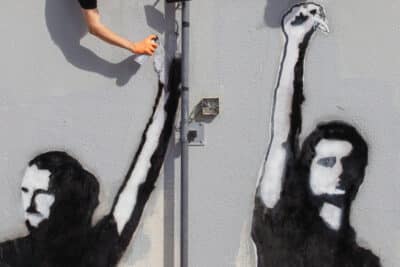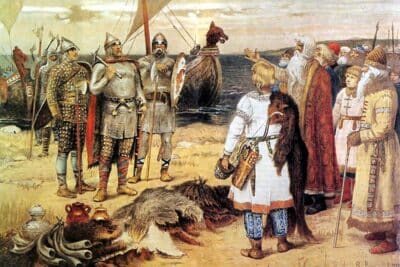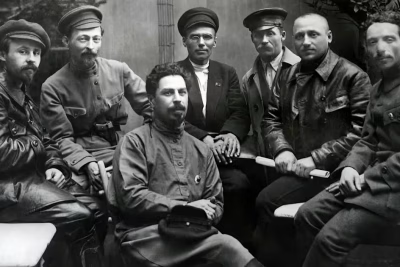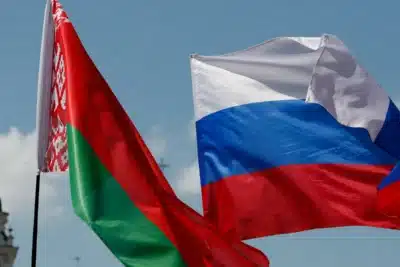
Belarus Youth Movements: The Next Generation of Resistance in 2025
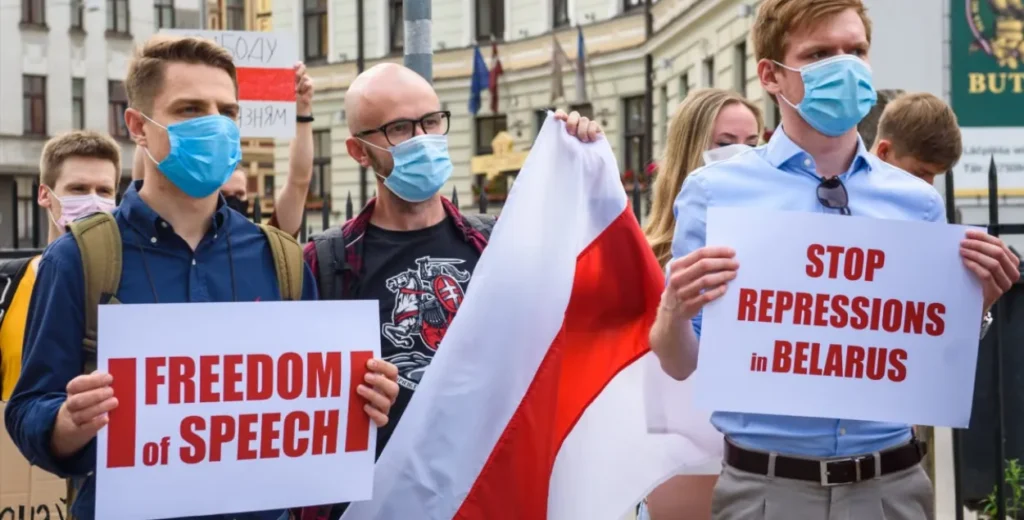
- The Role of Youth in Belarus’s Political Struggle
- Key Belarus Youth Movements in 2025
- Digital Activism and Cyber Resistance
- Challenges Facing Young Activists
- The Future of Belarus’s Youth Movements
- International Support and Solidarity
In recent years, Belarus youth movements have emerged as a driving force in the country’s ongoing fight for democracy and freedom. From student-led demonstrations in Minsk to encrypted online organising from exile, young Belarusians have shown that they are not only aware of their political environment, but determined to reshape it. Their efforts, though often met with repression, symbolise a new wave of activism that blends traditional protest with modern digital strategies.
The Role of Youth in Belarus’s Political Struggle
Belarus’s political opposition has historically included students and young intellectuals. In the 1990s and early 2000s, youth groups began forming to resist authoritarian control under President Alexander Lukashenko. The 2020 presidential elections became a turning point, with thousands of young people taking to the streets, protesting what they saw as blatant electoral fraud.
For many young Belarusians, the motivation is deeply personal. They have grown up with limited freedoms, censorship in education, and restricted career opportunities. Witnessing the government’s violent crackdown on peaceful protesters has only reinforced their determination to push for change.
Key Belarus Youth Movements in 2025
Several youth-led organisations are now central to Belarus’s resistance.
- BYPOL Students Initiative – Initially a solidarity group for dismissed students, it has expanded to coordinate protests, share educational resources, and provide legal aid to detained youth.
- Zubr – A historic youth movement from the early 2000s, now revived online to inspire a new generation with cultural and political content.
- Student Solidarity Foundation – Offers financial and legal assistance to young activists expelled from universities.
- Belarusian Students Association in Exile – A network helping displaced youth continue their education abroad while staying politically engaged.
These movements operate both within Belarus and from neighbouring countries like Poland and Lithuania, using cross-border cooperation to maintain momentum.
Digital Activism and Cyber Resistance
With street protests often met with swift police violence, Belarus’s youth have embraced digital activism. Encrypted messaging apps such as Telegram and Signal serve as hubs for sharing protest locations, bypassing state-controlled media, and exposing government abuses.
In 2025, many young activists participate in “digital flash mobs” — coordinated online campaigns that flood the internet with pro-democracy messages, videos, and artwork. Hacktivist groups, often composed of tech-savvy students, target propaganda websites and leak information on corrupt officials.
This digital resistance has not gone unnoticed by the regime, which has intensified its cybersecurity laws, yet youth-led online communities continue to thrive in secret.
Challenges Facing Young Activists
Young Belarusians involved in resistance face severe consequences:
- Arrests and imprisonment for participating in unauthorised gatherings.
- Expulsions from universities, cutting off career prospects.
- Travel bans and confiscation of passports.
- Surveillance through state-run internet monitoring systems.
Many also face economic repression, with state employers blacklisting known activists. Despite this, the determination to fight for a better future outweighs the fear for many in the movement.
The Future of Belarus’s Youth Movements
The next generation of Belarusian activists is more globally connected than ever before. Many study abroad, collaborate with international human rights organisations, and bring home new strategies for activism.
If political change in Belarus is to succeed, it will likely be powered by these youth networks — blending physical protest, cultural expression, and digital campaigns. The resilience and adaptability they’ve shown suggest they are prepared for a long struggle, regardless of the pace of political change.

International Support and Solidarity
Youth movements in Belarus benefit from strong international backing.
- Scholarship programmes in the EU and US help displaced students continue their education.
- Human rights NGOs like Amnesty International and Human Rights Watch provide advocacy and documentation of abuses.
- Diaspora-led initiatives fund equipment, legal aid, and secure communication tools.
In turn, young activists amplify their cause by engaging with foreign journalists, speaking at conferences, and joining global protests against authoritarianism.
Conclusion
Belarus’s youth movements are the heartbeat of the country’s democratic aspirations. They embody resilience, creativity, and an unshakable belief in a freer future. While repression remains a daily reality, the next generation’s refusal to be silenced offers hope not just for Belarus, but for all who value human rights and self-determination.
FAQs about Belarus Youth Movements
1. What are Belarus youth movements?
They are groups led by young Belarusians aiming to promote democracy, human rights, and political change through protests, cultural initiatives, and digital activism.
2. How do Belarus youth movements operate under repression?
They use encrypted messaging apps, operate from exile, and engage in online campaigns to avoid state surveillance.
3. Why is youth participation important in Belarus’s resistance?
The youth represent the future of the country, bringing fresh ideas, international connections, and adaptability in the face of state control.
4. Are there risks in joining a youth movement in Belarus?
Yes. Risks include arrest, university expulsion, and being placed under surveillance by state security services.
5. How can people outside Belarus support these movements?
By donating to trusted NGOs, spreading awareness on social media, and lobbying governments to support Belarusian democracy efforts.

